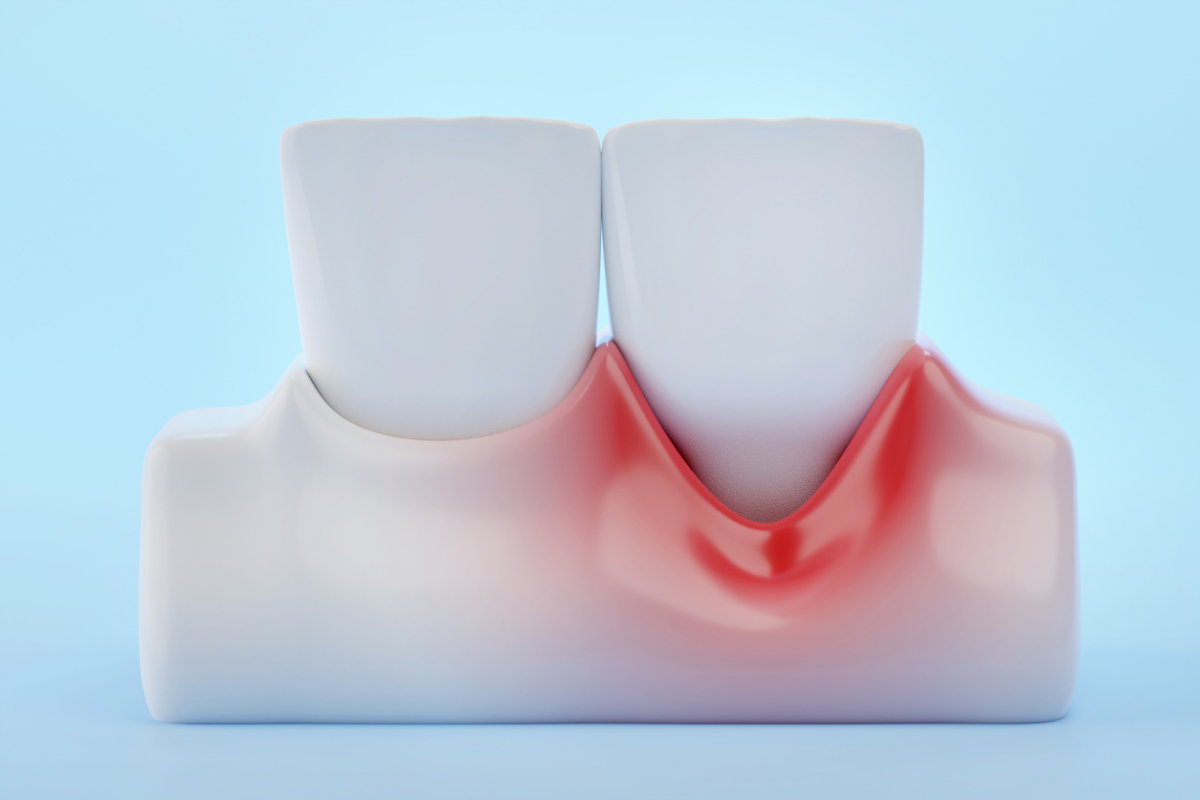Knowing what causes gum recession allows you to take the right steps to prevent it. For many patients, it can be a slippery slope. The early signs are easy to miss, and as it progresses, treating it becomes increasingly complex. Techniques do exist to address this condition, though. For example, the pinhole surgical technique for gum recession can stably repair damaged gums.
What Causes Gum Recession?
The list of what prevents receding gums is much shorter than what causes it. While some of these factors are beyond your control, many others put you in charge of your own oral health. Based on these causes, you can evaluate your situation and get an idea of what risk factors are present in your life.
Once gums begin receding, they do not grow back naturally. So, the best way to address the issue is to prevent it in the first place. True, medical treatments exist to address the condition. However, the best problems are those that never appear in the first place.
Brushing Technique
Brushing your teeth regularly is the cornerstone for preventing receding gums. However, brushing too hard can have the opposite effect. Likewise, a stiff or old toothbrush can eventually wear down your gums. Proper brushing technique should feel more like a massage for your gums rather than an abrasive experience.
Gum Disease
Nothing ruins gums faster than gum disease (periodontitis). This disease occurs when buildup from bacteria causes inflammation in the gums. It may begin mildly but eventually can lead to lasting gum damage. Later stages may even result in permanent damage to your teeth and eventual tooth loss.
Age
Older adults may naturally see some gum recession. While nothing can stop aging, we typically advise older patients to be extra attentive when caring for their gums. Tips can include using a soft toothbrush and making dietary adjustments.
Genetics
Your genes play a role in determining a range of medical risks. While you cannot change your genes, you can be aware of them. Pay attention to your parents’ oral health. If they had receding gums, taking extra care of your own oral health may prove a good idea.
Hormones
Hormones affect everything in the body, from mood to muscles. If you are taking medications that alter your hormonal balance, we recommend asking your specialist if it may impact your oral health. If so, taking extra steps toward better gum health may prove necessary.
Smoking
Everyone knows smoking is bad for you. However, many are surprised at the myriad ways it can harm different bodily systems. Smoking consistently damages the lungs, heart, organs, skin, and more. But it also can discolor your teeth and harm your gums.
Bruxism (Teeth Grinding)
Teeth grinding wears down your teeth and gums at the same time. Devices such as a night guard can help mitigate some of these issues. In more severe cases, patients may benefit from neurotoxin injections to dampen the masseter muscle. This is the muscle responsible for clenching the jaw.
Diet
Cutting out acidic and sugary food and beverages does wonders for oral health. Trust us, your gums will thank you. In addition, less sugar in your diet improves a range of organ functions, including your brain!
Tooth Positioning and Alignment
Crowded or poorly positioned teeth can contribute to receding gums. We often recommend patients seek orthodontic treatment to align their teeth. Of course, this creates a brighter smile. But it also makes cleaning your teeth easier, which reduces the risk of receding gums.
Piercings
Mouth piercings that continually rub against your gums can produce gradual wear. Over time, this may result in gums receding where they make contact with your piercing. As great as the piercing might look, you may need to go without it for the sake of your smile.
Can You Treat Receding Gums?
One of the most effective methods for treating receding gums is the pinhole surgical technique. It requires no incisions or stitches and can be completed in a single 1–2 hour visit. It entails repositioning the gums to a better position over the teeth.
Additional options exist, and the best for you can depend on your unique situation. Dr. Kao personally meets with each patient, evaluating their situation comprehensively before proceeding with a care plan.
However, it is no substitute for good oral hygiene. If you treat receding gums, it remains imperative to maintain healthy oral habits.
Stop Gum Recession Today
Visit David Kao, DDS, to begin treating receding gums at his periodontics office in Downtown Los Angeles.



